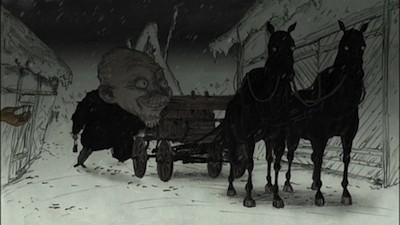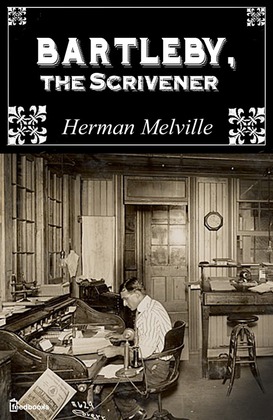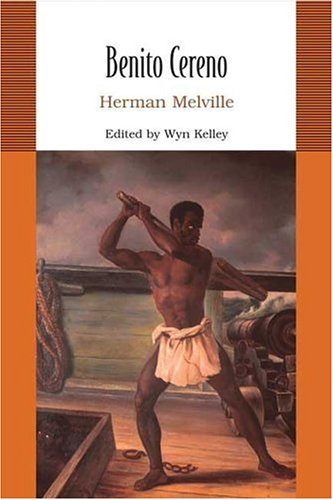This review was originally written for The Public Reviews
Crossing the bridge of understanding with a fellow human being can often be difficult, especially when that person is suffering from dementia, with a very different reality from our own.
This new translation from the French of Florian Zeller’s play, The Father, uses the immediacy of theatre to create a window into the world of André, an elderly man whose perceptions are constantly shifting. He thinks he’s living in his own flat in Paris, and that his daughter Anne is leaving for London to be with her new partner, Antoine. So why is Anne now telling him he’s moved into the house she shares with her husband Pierre, until they can find him another carer?
From André’s perspective, he may once have been a tap dancer, a circus conjurer or, as his daughter tells him, an engineer. Time doesn’t move in a linear fashion but circles back and forth, with familiar faces becoming unrecognisable before reverting to themselves again. It’s a confusing and often frightening place, where events are fragmented and out of sequence. Small wonder that André blames his daughter for repeating herself and searches for his watch over and over again, to pin a timestamp on the day.
This frail space which Zeller has created is challenging to unpick and unsettling to inhabit, as the simple tasks of dressing and eating become too difficult for André to negotiate. Struggling to cope with her father’s deterioration, Anne’s relationship with her partner suffers. The music splicing scenes together becomes distorted and disconnected and a beading of neon light frames the set, switching on and off a picture that is gradually being stripped of the familiar.
Kenneth Cranham as André delivers a master class in human susceptibility, flickering between the charm he must have effortlessly displayed as a younger man and the intransigence of one who attempts to leave a last, firm tread upon the sand, for fear his footprints may be washed away. His towering performance is matched by the rest of the cast; in particular Lia Williams is outstanding as Anne, navigating conflicting responsibilities and suffering a daughter’s pain as she witnesses one of the pillars of her world being reduced to a mewling infant.
We should sit up and take notice of Zeller, who has already written a number of novels and plays which have been produced all over Europe. The Father won him a prestigious 2014 Molière award for Best Play in his native France and it’s no small achievement that Christopher Hampton agreed to take on its translation.
There is a resilient thread of poignant humour running through James Macdonald’s production, although whether it fits the Ustinov’s season theme of ‘black comedy’ may be open for debate. What is without question is that in this tour de force, the Ustinov is exceeding the already high standards it has set in previous years. The Father is not only a memorable window into a decaying mind, but also a perplexing mirror, confronting its audience with the everyday, isolating exile that so many of us might experience in old age.
Runs until 15th November 2014. Photo: Simon Annand. All seats on Mondays are £10, further information and booking here













